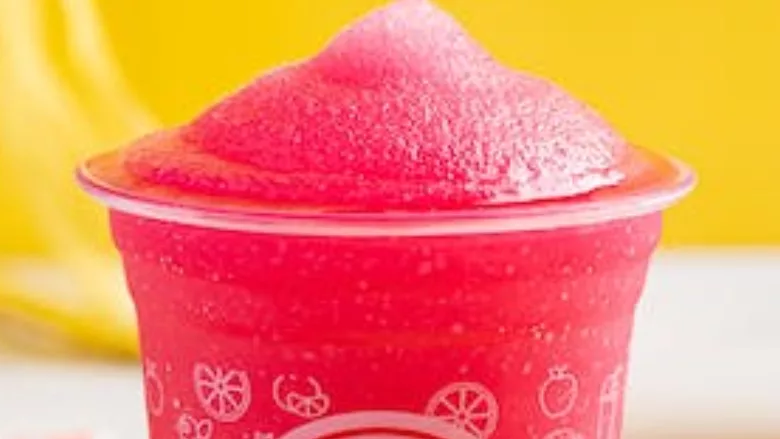UK FSA: Slushies Unsuitable For Children Under 4 due to Glycerol

Image credit: London Slush via Pexels
The UK Food Standards Agency (FSA) has issued a new voluntary guidance for industry on glycerol in slush-ice drinks, advising that they should not be sold to children four years of age and under. Manufacturers are also being advised to tell retailers that they should not offer free refill promotions to children under 10 years old to prevent young children from being exposed to excessive amounts of glycerol.
The guidance follows two cases in Scotland one in 2021 and one in 2022, where children were hospitalized because of glycerol intoxication. At very high levels of exposure—typically when several servings are consumed by a child in a short space of time—glycerol intoxication could cause shock, hypoglycemia, and loss of consciousness.
Slush-ice drinks can contain glycerol as a substitute for sugar to create the slush effect. FSA’s new guidance asks businesses to only add glycerol at the minimum quantity technically necessary to achieve this effect.
While glycerol is found in some other foods, it is added at much lower quantities than in slushies.
FSA’s risk assessment considered a worst-case exposure scenario in which a child consumed a 350 milliliter (ml) slush drink containing the highest level of glycerol used—50,000 milligrams per liter (mg/L)—and compared this to a threshold above which adverse effects could occur. Children aged 4 or below would exceed this threshold.
Those above the age 4 are considered unlikely to suffer ill effects from drinking one slush drink. FSA’s risk assessment and advice considered the average weight of children at different ages.
If, in the future, the maximum levels of glycerol used by industry decrease, the new industry guidelines may be reassessed. FSA will be monitoring how widely the guidelines are adopted and could take further action in future.
Looking for quick answers on food safety topics?
Try Ask FSM, our new smart AI search tool.
Ask FSM →








